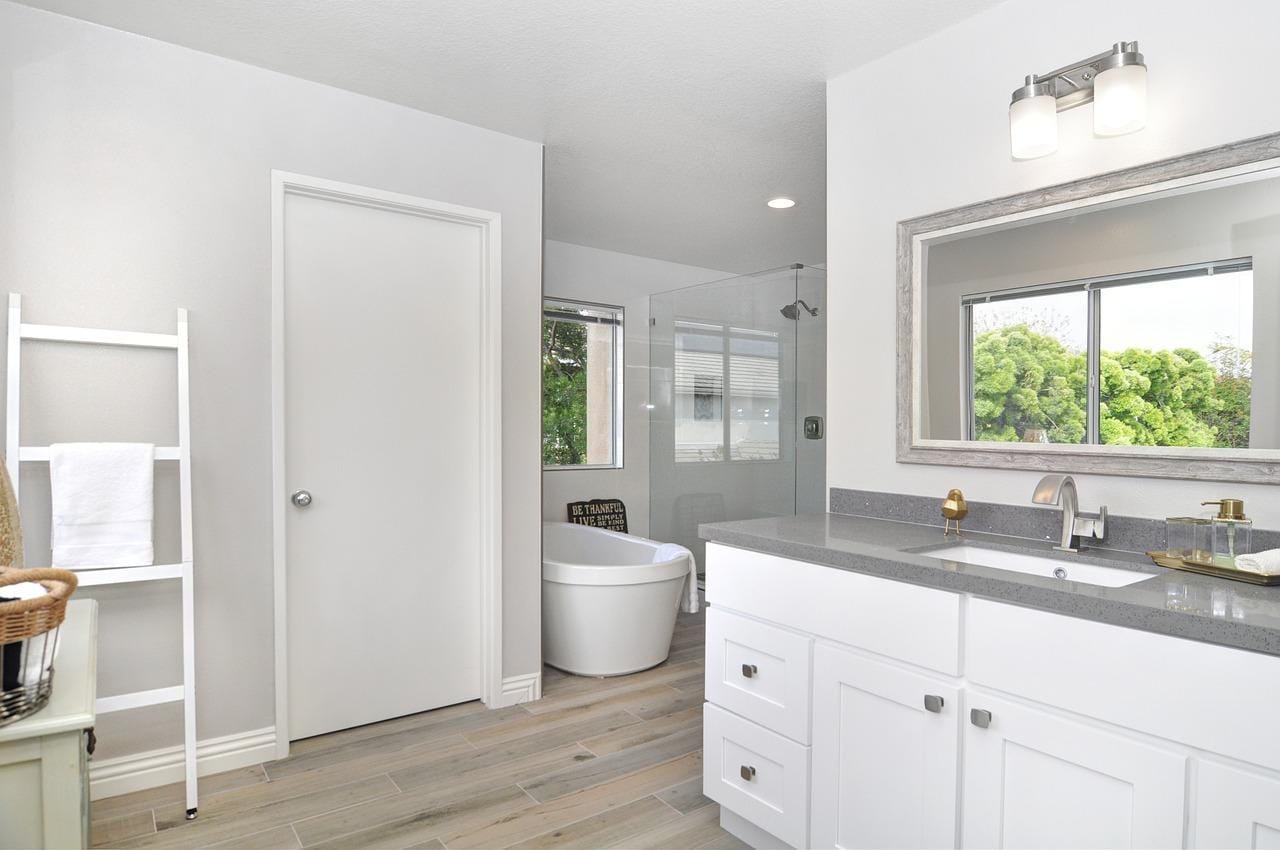
Digital marketing is evolving rapidly, and brands must stay on top of trends to stand out. The landscape has shifted significantly in recent years, with a focus on personalisation, interactive content, and sustainability. Whether you’re promoting a shower cabin or any other product, staying relevant with the latest digital strategies is essential. Here are the top digital marketing trends for 2024 to help you enhance your brand’s visibility and drive engagement.
- Personalisation and AI-Driven Content
Consumers want content that resonates personally, and with AI, it’s now easier to deliver this at scale. By analysing customer data, AI algorithms can tailor marketing messages to align with users’ preferences and behaviours. For example, if promoting shower cabins, AI tools can generate personalised ads based on a consumer’s search history, showcasing products with features that appeal directly to them—such as eco-friendly materials or luxury settings. Furthermore, AI-powered chatbots are becoming invaluable in customer service, guiding potential customers on a product journey from browsing to purchase. Implementing these in your digital strategy allows consumers to receive tailored, real-time responses, improving satisfaction and likelihood of conversion.
- Video Marketing and Short-Form Content
Video content is essential for grabbing attention, especially with platforms like TikTok, Instagram Reels, and YouTube Shorts leading the charge. In 2024, short-form videos under 60 seconds will continue to dominate. Use engaging video content to promote your shower cabin – demonstrate its features in action, share user testimonials, and create tutorials that show easy installation tips. Live streaming is also a powerful tool for showcasing your products, answering customer questions, and providing real-time demos.
- Interactive and Augmented Reality Experiences
Augmented Reality is transforming digital shopping by allowing clients to visualise products in literally their own space. This trend is especially effective for promoting home-related products. For instance, brands can create AR experiences where users can “place” a shower cabin in their bathroom space using their mobile device, helping them visualise the final look and feel. Interactive content like quizzes or 360-degree product views also allows users to engage with your product actively, enhancing their experience and reducing hesitation during purchasing.
- Influencer Marketing with a Focus on Micro-influencers
Influencer marketing is shifting towards collaborations with micro-influencers who have smaller but more engaged followings. These influencers are often seen as more authentic and relatable, especially in niche markets. When promoting a specific product like a shower cabin, consider partnering with home improvement or lifestyle influencers who align with your brand values and have a dedicated audience. For example, influencers focusing on sustainable living could highlight eco-friendly features of your shower cabin, appealing to environmentally conscious buyers. By aligning with influencers whose values resonate with your target audience, your brand message will carry more weight and trustworthiness.
- Voice Search Optimisation
With the rise of smart devices, voice search is becoming a primary method for users to find information. Optimising your content for voice search involves focusing on natural language and long-tail keywords. For example, instead of targeting “shower cabin,” consider phrases like “best shower cabin for a small bathroom” or “affordable luxury shower cabin.” Voice search allows consumers to find information quickly, so make sure your website content is structured with frequently asked questions or product descriptions that are clear and conversational. A voice-optimised site helps you stay relevant and accessible to consumers who prioritise convenience.

Leave a Reply